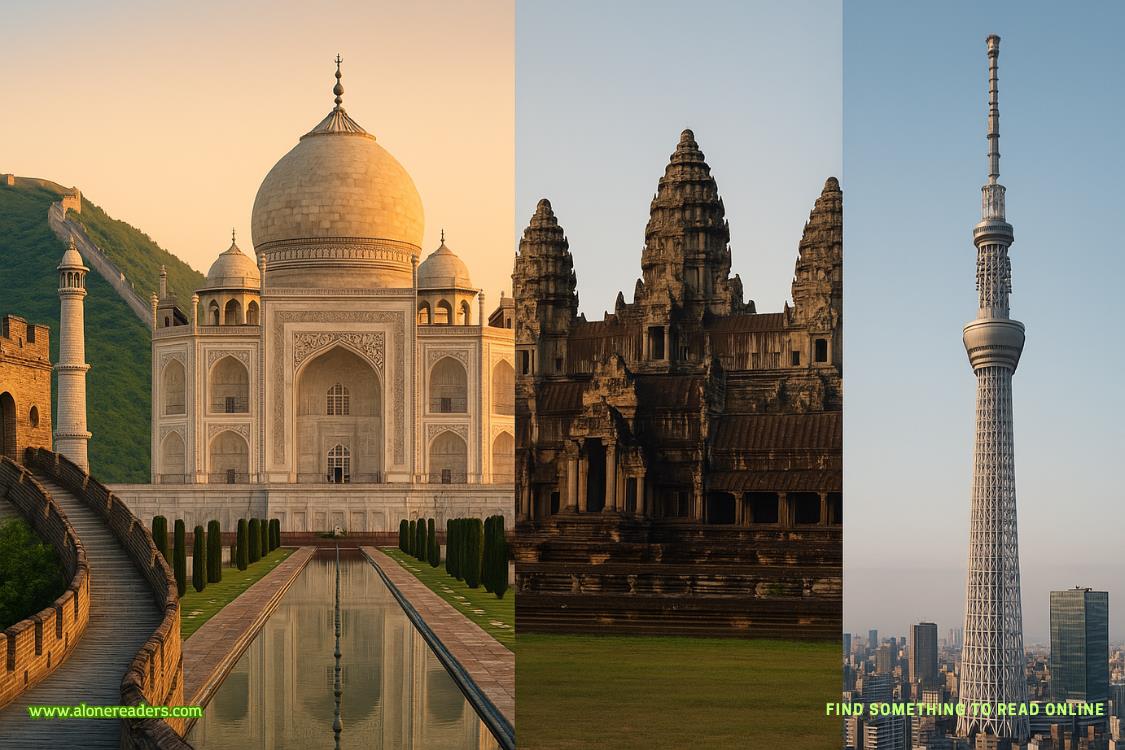Page 116 of The Deadly Candies
Sal’s Gym, Queens, New York – 1949
The air reeked of cigar smoke, liniment, and the iron tang of blood not yet mopped from the floorboards. Sal’s wasn’t a gym—it was a chapel for bruisers and bagmen, its cracked leather punching bags swaying like hanged men in the haze. A radio crackled near the register, Luciano’s name slithering through the static—“…deported but not dethroned, folks. The Five Families still dance to the Devil’s tune from Naples…”—before Sal himself killed the volume with a meaty fist.
Carmelo Ricci flexed his left hand, the knuckles still misaligned from the hammer.Click. Click.The sound echoed in his skull, a metronome to every nightmare he’d sweated through in that hospital bed. Across the ring, his sparring partner bounced on his toes—some new kid fresh off the boat from Palermo with a neck thicker than a fire hydrant.
“You’re stalling,” Matteo barked from the corner. His brother leaned against the ropes, sleeves rolled to show the serpentine scar winding up his forearm. Amessagefrom Papa, two years back. “Breathe through the foot, yeah? It’s just a step, not a fucking funeral.”
Carmelo nodded, shifting his weight. The ankle screamed. The doctors had called it a miracle he could walk; walking wasn’t boxing. He raised his gloves, the left sagging ever so slightly.
Clang!
The bell.
The Sicilian lunged. Carmelo pivoted—too slow. A hook caught his ribs, and the world blurred. His knee buckled. The gym roared, a choir of made men and money launderers perched on folding chairs: gold pinky rings glinting, Sicilian curses tangling with Neapolitan slang. In the back, a trio of button men played poker under a yellowed photo of Luciano shaking Sinatra’s hand.
“Up!” Matteo snarled. “You ain’t a kid anymore, Melo.Move.”
Carmelo spat blood, tasting the ghost of his own shattered teeth. The Sicilian charged again. This time, he saw it—the twitch in the shoulder, the dropped right hand. Muscle memory flared. He slipped the punch, planted his bad leg, and drove an uppercut into the kid’s liver.
The Sicilian folded like a bad hand of cards.
A hush fell.
Then, the creak of the front door.
Don Cosimo Ricci entered like Judgment in a cashmere coat, flanked by two stone-facedcapos. The room stiffened—hats doffed, cigars extinguished. Even the poker game died. The Don’s gaze swept past his sons, lingering on the wheezing Sicilian crawling from the ring.
“Again,” he said.
Carmelo’s throat went dry. The Don didn’t raise his voice. He didn’t need to.
Matteo tossed Carmelo a water bottle, his voice low, urgent. “He wants you to break,fratellino. So don’t. Youflythis time, yeah? Like I taught you.”
The Sicilian stumbled back into the ring, rage flushing his face purple. Carmelo tightened his gloves. The ankle pulsed, but he let the ghost pain sharpen him.
Clang!
The kid swung wild. Carmelo ducked, weaving—left, right, pivot—his feet suddenly remembering their old rhythm. A jab snapped the Sicilian’s head back. A cross sent him reeling. For a heartbeat, the room vanished. There was only the dance: feints, parries, the sweetthudof leather on flesh.
When the bell rang, the Sicilian didn’t get up.
Carmelo sagged against the ropes, sucking air. His hands trembled. His ankle felt like shattered glass. But the Don…
The Don was smiling.
Not the warm kind. The kind a lion gives a gazelle that’s learned to bite.
“A week,” he said, turning to leave. “DeMarco, you tell my boys. In a week, he fights Alvarez. Next Friday. Try not to embarrass me.”
The door shut behind the Don. The room exhaled.
Matteo tossed Carmelo a towel, pride and pity warring in his eyes. “Told you,” he muttered. “You’re still you.”
Carmelo stared at his gloves. The leather was split, stuffing spilling out like guts.
Still me, he thought.
The boy who’d let his father swing that hammer was gone.
- One Night Only by Tara Pammi
- Sofa King Wanted by Alexa Riley
- Beloved Beauty by Georgia Cates
- Gunner by Winter Sloane
- Sofa King Safe by Alexa Riley
- Eat Slay Love by Kenya Wright
- Forever C*cky by Skye Turner
- Property of Woods by Glenna Maynard
- Desperate Temptations by B. Sobjakken
- Wicked by Dani Da Silva
- Sex, Lies, and Margarita Mixes by Skye Turner
- Heat Stroke by Skye Turner
- The Games We Play by Berlin Wick
- The Promises We Break by Berlin Wick
- Gorgeous Nightmare by Roza Lynne
- All I Want for Christmas by Nora Roberts







